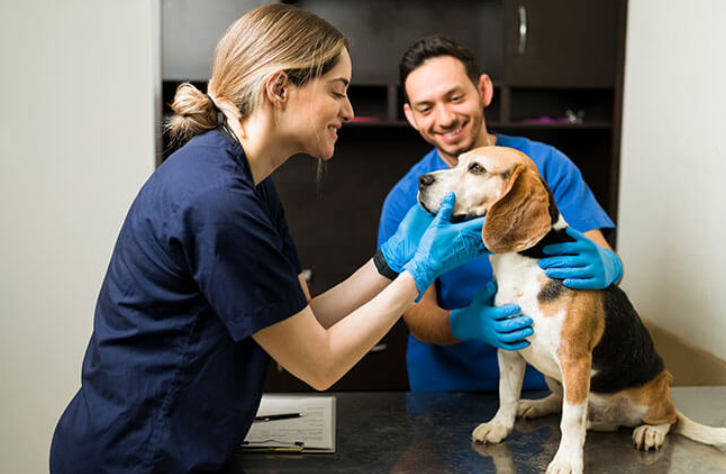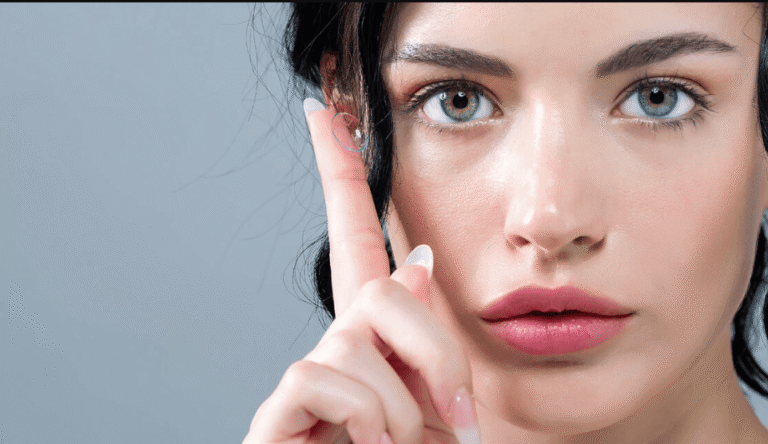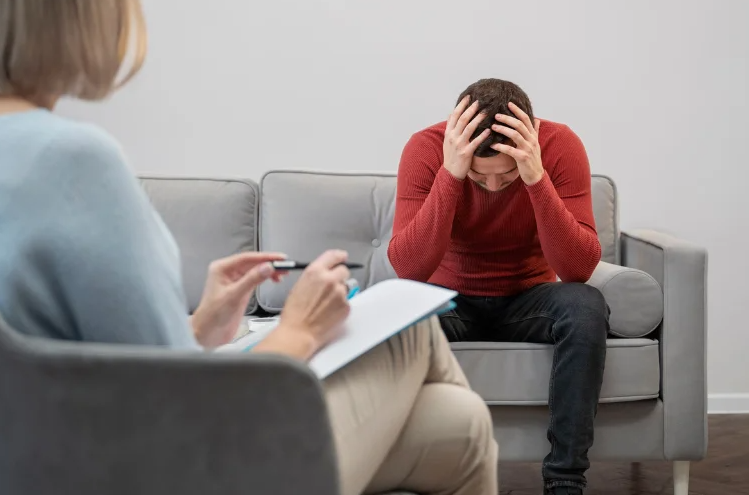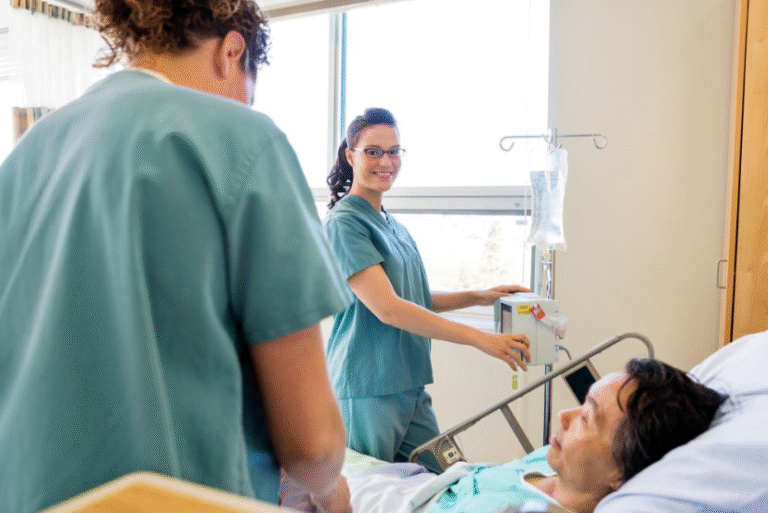The Truth About Lie Detector Tests in Virginia
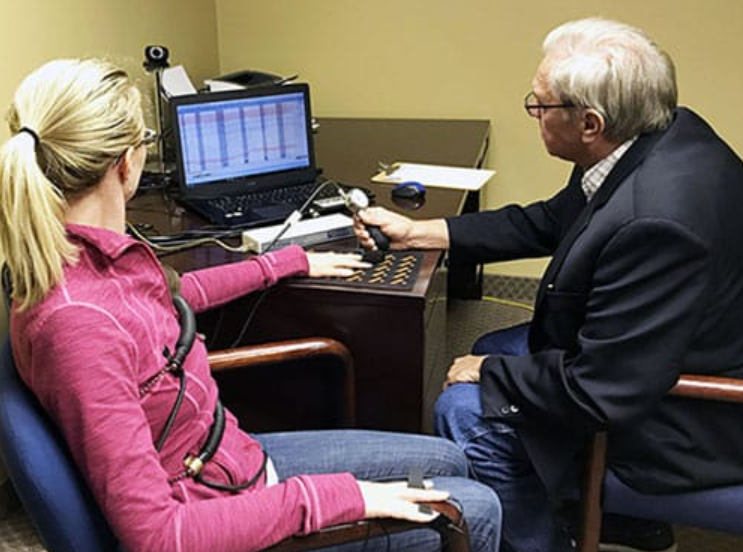
What a Polygraph Test Really Measures
A polygraph test does not directly detect lies. Instead, it records physiological changes in the body—such as heart rate, blood pressure, breathing rhythm, and skin conductivity—while the subject answers questions. The theory is that when a person lies, stress levels rise and produce measurable changes. In Virginia, as elsewhere, a trained examiner interprets these readings and gives an opinion on whether responses were truthful or deceptive. Understanding that polygraphs measure bodily reactions—not lies themselves—is key to separating myth from reality.
The Testing Process Explained
When someone undergoes a lie detector test in Virginia, the process usually begins with a pre-test interview. During this stage, the examiner explains the procedure, goes over the subject’s rights, and clarifies the wording of the questions. This helps establish a baseline of normal physiological responses. The test itself involves attaching sensors to the subject’s body, then asking a series of neutral, control, and relevant questions. Afterward, the examiner reviews the charts, looking for patterns of stress responses tied to certain answers. Results are summarized in a report, though interpretation always involves some degree of examiner judgment.
How Polygraph Tests Are Used in Virginia
Polygraph tests in Virginia are used across different sectors of society. Law enforcement often relies on them as investigative tools, helping detectives identify inconsistencies in statements or guiding them toward new leads. Attorneys may suggest polygraphs as part of defense strategies, though results rarely reach the courtroom. Employers in sensitive industries sometimes use them under very limited conditions permitted by law. Finally, private citizens may seek out polygraph services for personal reasons, such as resolving trust issues in relationships or settling family disputes.
See also: Understanding the Benefits of Protein Drink for a Healthy Lifestyle
Legal Standing in Virginia
The truth about polygraph tests in Virginia is that they have limited legal power. In criminal trials, polygraph results are generally inadmissible as evidence because courts consider them unreliable. Exceptions occur only when both sides agree to their use and a judge allows it—a rare event. In employment, federal law (through the Employee Polygraph Protection Act) prevents most employers from requiring or requesting lie detector tests. Only certain security-related jobs or roles involving controlled substances are exempt. In personal contexts, polygraphs are fully legal if taken voluntarily, but they carry no legal weight in disputes.
Polygraph Tests in Criminal Investigations
Although polygraph results rarely appear in court, Virginia law enforcement agencies continue to use them as investigative tools. Detectives may ask suspects or witnesses to take a test, not to serve as evidence but to help verify statements or highlight possible deception. While refusal to take a test cannot legally be used as proof of guilt, agreeing to one can sometimes influence the direction of an investigation. For law enforcement, polygraphs are less about providing courtroom evidence and more about gathering information and narrowing investigative paths.
Use in Employment Contexts
Employment-related polygraph testing in Virginia is tightly regulated. Most private employers cannot legally use lie detector tests to screen applicants or monitor employees. However, there are limited exceptions, particularly in jobs tied to law enforcement, security, or handling of controlled substances. Even when permitted, employers must follow strict rules: employees must be informed in writing, testing must be voluntary, and results must remain confidential. For most Virginians, employment-related polygraphs are not a part of daily work life, reflecting the law’s recognition of their limitations.
Private and Personal Testing
One area where polygraph use in Virginia continues to thrive is in personal and private matters. Individuals often turn to polygraph services when relationships are strained by suspicions of dishonesty or infidelity. Families sometimes use them in disputes where honesty is central to resolving conflict. While such tests have no legal authority, they can influence personal decisions by providing reassurance or clarity. For some, the results offer closure; for others, they spark more questions. The emotional impact of a polygraph test in Virginia can be significant, even when the results are not legally binding.
Accuracy: The Central Debate
Perhaps the biggest truth about lie detector tests in Virginia is that their accuracy is widely debated. Supporters argue that polygraphs are reliable when conducted by skilled examiners under proper conditions, sometimes citing accuracy rates as high as 85–90%. Critics, however, emphasize the risk of false positives and false negatives. Anxiety, medical conditions, or simple nervousness can trigger responses that resemble deception, while practiced liars may learn techniques to control their physiological signals. Because of this scientific uncertainty, Virginia courts generally exclude polygraph evidence, preferring more concrete forms of proof.
Ethical Considerations in Virginia
Beyond legality and accuracy, ethical questions also surround polygraph use in Virginia. Should people feel pressured to take a test that is not scientifically foolproof? Should personal relationships rely on technology that measures stress rather than absolute truth? Ethical practice requires that tests be voluntary, conducted with informed consent, and accompanied by clear communication about their limits. Without these safeguards, polygraphs risk causing harm—damaging relationships, unfairly influencing investigations, or leading to wrongful employment actions.
Choosing a Qualified Examiner
Another truth about polygraph tests in Virginia is that results are only as reliable as the examiner conducting them. Certified professionals with proper training and credentials know how to design effective questions, interpret physiological signals, and present results responsibly. Choosing a qualified examiner ensures that the process follows ethical and professional standards. For anyone considering a lie detector test in Virginia, selecting the right examiner is as important as deciding to take the test itself.
Public Perception vs. Reality
Public perception of lie detector tests in Virginia often diverges from reality. Thanks to television dramas and popular culture, many believe that polygraphs are nearly infallible, capable of exposing lies with scientific certainty. In truth, polygraphs measure stress responses, and their reliability is far from absolute. This gap between perception and reality shapes how people view the role of polygraphs in investigations, employment, and personal relationships. Dispelling these myths is key to helping Virginians make informed decisions about whether or not to use polygraph services.
Location in Virginia
- Virginia Beach – 780 Lynnhaven Pkwy #400, Virginia Beach, VA 23452
- Norfolk – Dominion Tower, 999 Waterside Dr, & 2600, Norfolk, VA 23510
- Chesapeake – 1545 Crossways Blvd, Chesapeake, VA 23320
The Future of lie detector tests in Virginia
Looking ahead, new technologies may change the landscape of lie detection in Virginia. Researchers are developing tools such as brainwave analysis, artificial intelligence, and biometric monitoring that may one day surpass traditional polygraph methods. If these approaches prove more accurate, courts and lawmakers might reconsider current restrictions. For now, however, the polygraph test remains the most widely available—if imperfect—tool for probing truthfulness in Virginia.
Conclusion
The truth about lie detector tests in Virginia is more nuanced than most people realize. Polygraph tests are legal but restricted: inadmissible in most courtrooms, tightly regulated in employment, and freely available for personal use if voluntary. They measure stress responses, not lies themselves, and their accuracy is the subject of ongoing debate. For Virginians, the key is understanding both the strengths and limitations of polygraph tests before relying on them. They are not perfect truth machines, but when used carefully and ethically, they can provide valuable insight into the complex human quest for honesty.

